

Dental Implants - Morganville, Marlboro Township, NJ
Restoring Your Smile’s Appearance and Function
Dental Implant Services New Jersey
The Irritating Effects of Missing Teeth
Missing teeth or gaps in one’s mouth can lead to problems that can negatively impact oral hygiene and self-confidence. Individuals with missing teeth may face a range of issues that, if not addressed promptly, can significantly damage their dental health. These issues include difficulties in chewing, teeth shifting in undesirable positions, and decreased confidence in one’s smile.
At Champagne Smiles, we provide various dental implant solutions in Morganville, Marlboro Township to restore your smile and enhance your dental hygiene.
What are Dental Implants?
A complete full mouth dental implant consists of three essential components: the implant post, the abutment, and the prosthetic tooth restoration.
Unlike dentures, dental implants offer a superior tooth replacement option, ensuring a lifelong solution even for those without any remaining natural teeth. They play a crucial role in preserving the jawbone’s integrity and never experience slipping or migration, unlike dentures, which often contribute to bone loss and painful soft tissue inflammation.
Successful long-term outcomes for dental implants require both cutting-edge technology and the expertise of our skilled dentists. At Champagne Smiles, we tailor our dental implant restoration solutions to meet your needs and oral health conditions.
Our procedures incorporate advanced technology to expedite healing, promising decades of reliable functionality with regular maintenance for every patient we serve.


Benefits of Dental Implants
- Dental function for proper biting and chewing
- Aesthetic restorations for a natural look and feel
- Complete smile makeover to dramatically boost confidence
- Improvements to oral health and physical health
- Significantly better overall quality of life
Options Tailored to You
At Champagne Smiles, we specialize in dental implants to help improve your oral hygiene and give you a beautiful smile.
Single dental implants in Morganville, Marlboro Township are an effective solution for replacing a single missing tooth. These implants are designed to blend seamlessly with the surrounding teeth, providing a natural and aesthetically pleasing result.
On the other hand, implant supported dental bridges are custom-made false teeth that can replace three to four missing teeth in a row. Mounted on two implants on either side of the gap support them, ensuring stability and functionality.
Implant-supported dentures offer a more permanent solution for those who wear removable dentures. Anchoring prosthetic dentures to implant posts securely placed in the jawbone fixes these dentures and eliminates the need for adhesives or worries about slippage.
Full mouth dental implants may be the ideal choice for individuals seeking a comprehensive tooth restoration solution. This treatment involves using 4-6 implants to replace all teeth, resulting in a complete and long-lasting smile transformation.
Whether you require the replacement of a single tooth or an entire arch of teeth, single dental implants, dental bridges, implant-supported dentures, and full mouth dental implants are all excellent options to consider to restore your smile.
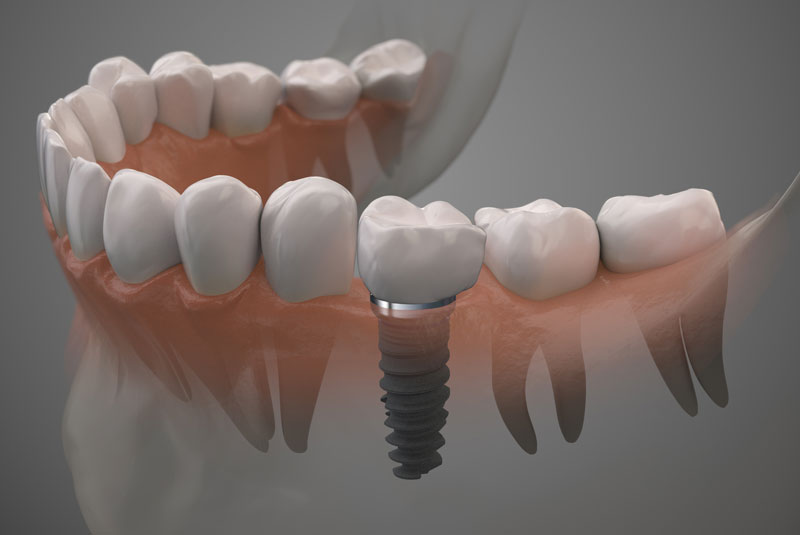
- Single Implants
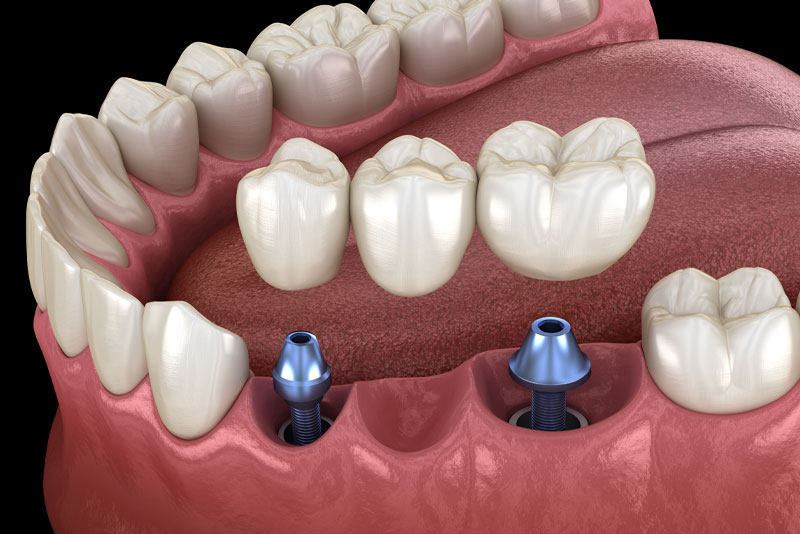
- Implant Supported Bridge
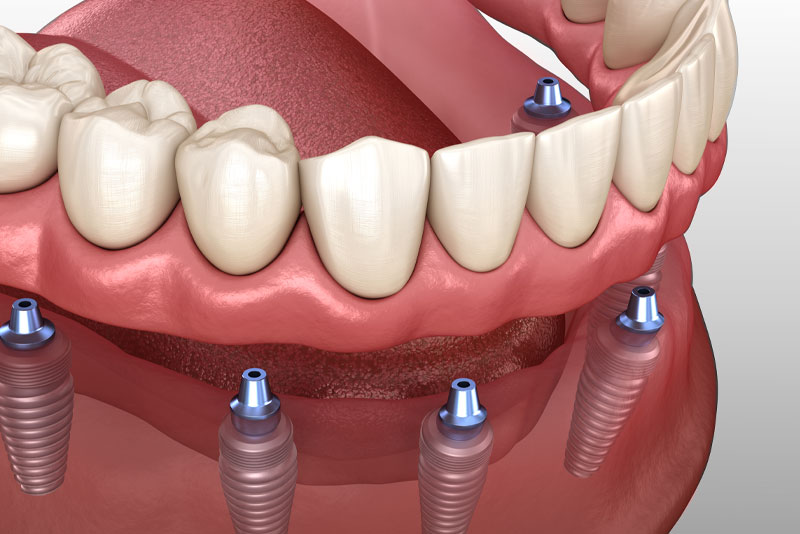
- Implant Supported Dentures
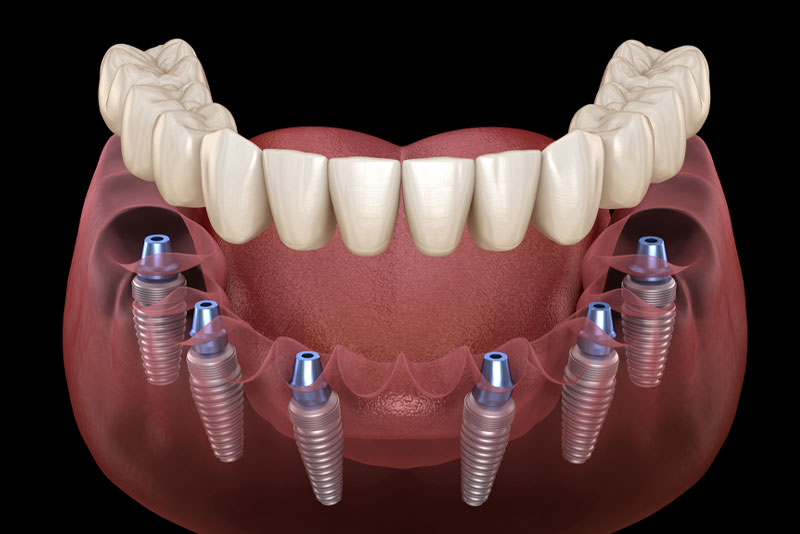
- Full Mouth Dental Implants
The Dental Implant Timeline
Consult & Planning
Our consultation process is designed to address your dental concerns and aspirations for a beautiful smile. We work with you during your initial visit to determine your specific needs and goals. Through a comprehensive oral examination and advanced digital diagnostics, we thoroughly understand your oral structures. This thorough evaluation is crucial in determining your eligibility for dental implants.
Based on the information gathered, our team will develop a customized treatment plan for you. We aim to meet and exceed your expectations throughout the implant procedure. We are dedicated to collaborating with you to determine the most effective approach to enhancing your oral health.
Procedure
We will proceed with the dental implant procedure in Morganville, Marlboro Township once the consultation and planning stages have been completed. Your preferred sedation method will be administered, and then tiny incisions will be made in your jawbone.
Following this, 4-6 implant posts will be strategically placed in the areas with the greatest jawbone density. Once the implants are securely positioned, an abutment will be attached to each implant, and a temporary prosthetic will be placed on top. Thanks to these implants, you can leave our facility with a rejuvenated smile right after the procedure.
Healing & Final Restorations
Over the next 4-6 months, your implants will integrate with your jawbone, creating a solid foundation for your smile. After the integration is complete and your mouth fully recovers, we will install your permanent prosthesis, enabling you to enjoy a lifetime of beautiful smiles. By consistently caring for your implants at home and keeping up with regular checkups, you can extend their lifespan and keep your beautiful smile for many years!
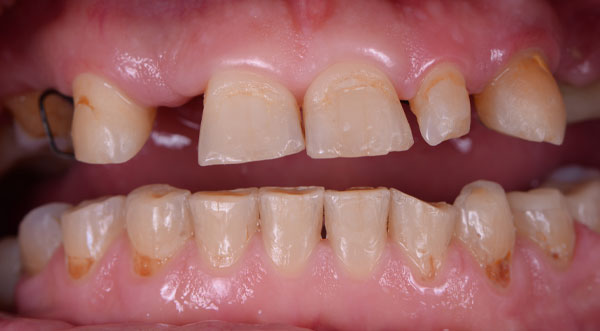
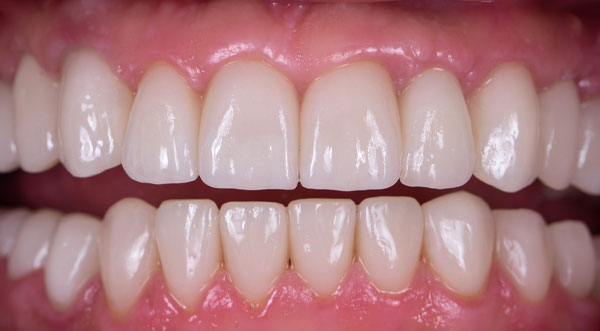
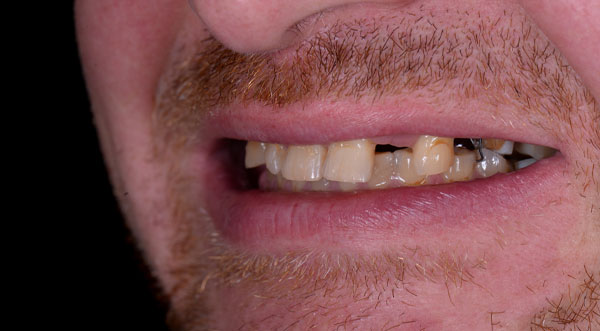
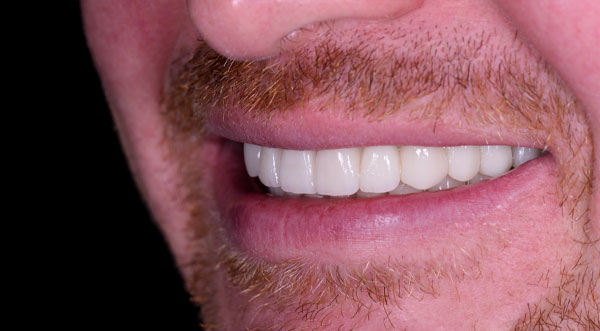
Top 5 Mistakes People Make with Dental Implants
Do you have all the information you need to make the right decisions about dental implants?
Don’t make any of these five common mistakes. Our exclusive checklist will steer you in the right direction.
Schedule An Appointment
I understand the information disclosed in this form may be subject to re-disclosure and may no longer be protected by HIPAA privacy regulations and the HITECH Act.

Find out if you're a
candidate for dental implants
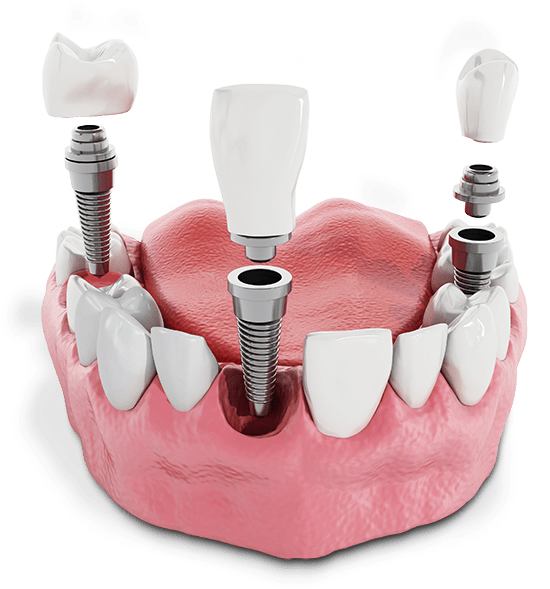
Answer the Following Questions To Learn more about our pricing and financing options.


